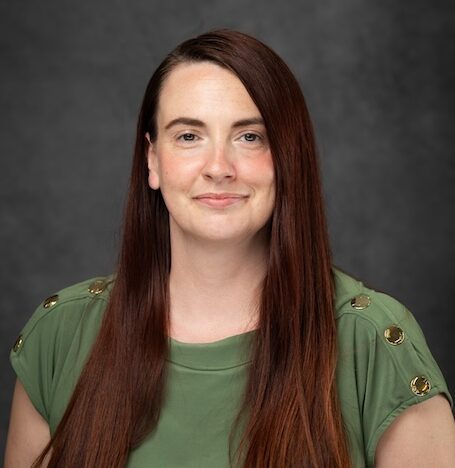
- This event has passed.
Neurodiversity Centered Practices for Collaboration & Advocacy (Workshop Series)
Date:
March 27 @ 8:30 am – 2:30 pm
Price:
Instructor(s):
Danielle Kent, M.S., CCC-SLP & Kelly Cray
Event Type:
Virtual
Professional Learning Hours:
15
Intended Audience:
Educators and other professionals whose work impacts students from early childhood through grade 12 and beyond.
Participants must attend all events:
- March 27, 2025
- April 11, 2025
- May 2, 2025

Overview
In this three part series, participants will look carefully at the language around neurodiversity—including buzzwords and popular terminology — to consider how best to honor and reflect the experiences of being a student in an educational culture that is still evolving to meet diverse needs. They will explore the power and impact of centering students and supporting families. Finally, participants will hear from expert panelists representing several different disciplines to gain insight into common misconceptions, miscommunications, and challenges that occur in collaborative work. Participants will leave equipped and inspired to engage in ongoing learning and contribute to the success and well being of every student.
Day 1: How we Talk about Neurodiversity
Participants will:
- Gain a framework for language and its connection with the Neurodivergent and Disability communities; understand how language can facilitate student connection to the greater community (or not)
- Build an understanding of the buzzwords and popular trends that exist in neurodiversity discourse
- Understand & emphasize evidence-based practices and suss out ideas with popular appeal but with little research support
- Communicate effectively and collaboratively with professionals whose positions on neurodiversity-related issues may be different from one’s own
Day 2: Centering the Student and Supporting the Family
Participants will:
- Understand the importance of the student and family’s participation in all aspects of the educational process and when/why deference to the student is crucial
- Develop a toolbox of affirming practices to invite and honor access needs
- Learn to navigate situations where the student’s needs or preferences may be at odds with the family’s
- Apply principles of Universal Design for Learning to meetings and communication to remove unnecessary participation barriers with professionals, family members, and/or the student
Day 3: Panel Discussion & Presentation
Participants will:
- Explore the challenges that can arise in collaboration across professional disciplines and perspectives
- Gain new insight into the student and family experience
- Demystify the practices and vocabulary specific to individual professional disciplines
- Build understanding of assessment types used by various professionals and how data from various sources can be appropriately used to inform decision making




